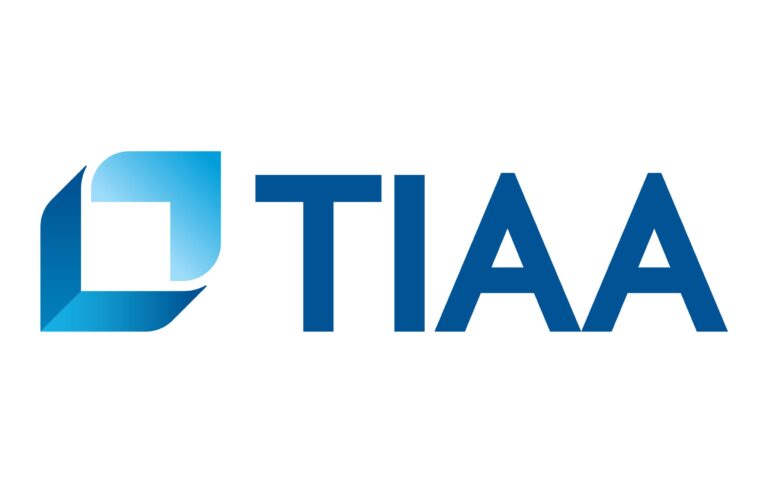A Q&A with Dr. Karen Robinson

Dr. Karen Robinson is interim assistant dean of graduate programs in the College of Nursing.
She teaches courses like Maternity Nursing and Women’s Health and Advance Concepts in Postpartum and Newborn Management.
Robinson’s research focuses on racial disparities in maternal-child health, with a particular interest in breastfeeding disparities by examining breastfeeding barriers for Black mothers.
She has also studied the positive effects of breastfeeding peer counselors and group prenatal care on breastfeeding outcomes.
Here in a Q&A, Robinson discusses the ongoing baby formula shortage, the challenges that come with it, misconceptions surrounding breastfeeding and more.
What exactly is baby formula and what does a typical baby formula consist of ingredients-wise?
Simply put, baby formula is cow’s milk that has been altered to closely resemble human milk. Therefore, it contains many essential nutrients needed for the growing infant. A typical baby formula consists of protein, fat, vitamins, minerals, etc.

What are the implications of this baby formula shortage?
Because a significant number of infants in the United States are fed formula at some point (this includes infants who are receiving both human milk and supplemental formula), this shortage has a major impact.
Particularly, the formula shortage is having a distinct impact on families receiving formula from the Women, Infants and Children (WIC) program. A baby formula recall resulted in the temporary shutdown of a major formula manufacturer and that manufacturer is a supplier to WIC.
This crisis further demonstrates major inequities low-income families face. With the shortage, concerns arise that families may resort to unhealthy practices such as diluting the formula to “make it stretch,” or substituting formula with recipes found on the internet or suggested by friends and family.
Why can’t some mothers breastfeed?
There are various reasons parents my not provide human milk to their infants.
Some reasons are personal, others are medical.
Some medical reasons could be that a mother is undergoing chemotherapy or may have had breast surgery that has impacted milk ducts, etc.
Also, families who adopt infants usually do not have access to donor milk.
Why can’t babies consume regular cow’s milk?
Ideally, infants should not begin drinking un-altered cow’s milk until age one.
This is because regular cow’s milk is too hard on the newborn digestive system.
In addition, regular cow’s milk does not have all the nutrients a newborn needs.
What special dietary circumstances can dictate what kind of formula a baby consumes, etc.
This question is important because the specialized formulas seem to be the hardest to find these days.
Some infants may be allergic to the proteins in formulated cow’s milk. Others may have lactose issues. In these cases, infants need soy-based formula or formulas with low lactose.
What advise do you have for mothers of infants right now who are growing more concerned about the baby formula shortage?
I would suggest that families contact their baby’s primary care provider for the best advice on how to navigate through this shortage.
I also suggest that families use the resources available in their communities. For example, families utilizing WIC can reach out to their local WIC office or the WIC website for guidance.
If there are mothers out there who stopped breastfeeding prior to this shortage, and now regret it, are there ways to get back into breastfeeding?
Re-starting the supply of human milk (re-lactating) after complete cessation can be tricky.
It has been shown that the younger the infant is the better the chance of re-lactation. However, there are multiple factors that come into play such as was the lactating parent exclusively providing human milk? Did they start hormonal contraception containing estrogen?
Because this can be challenging, families need support and guidance from their providers and specialized support from lactation professionals. Again, there are disparities in the access to such specialized care in lower-income and rural communities.
I would tell parents who stopped, were not able to, or chose not to provide human milk to their infants to not feel guilty. This formula shortage — formula crisis — is not your fault.


